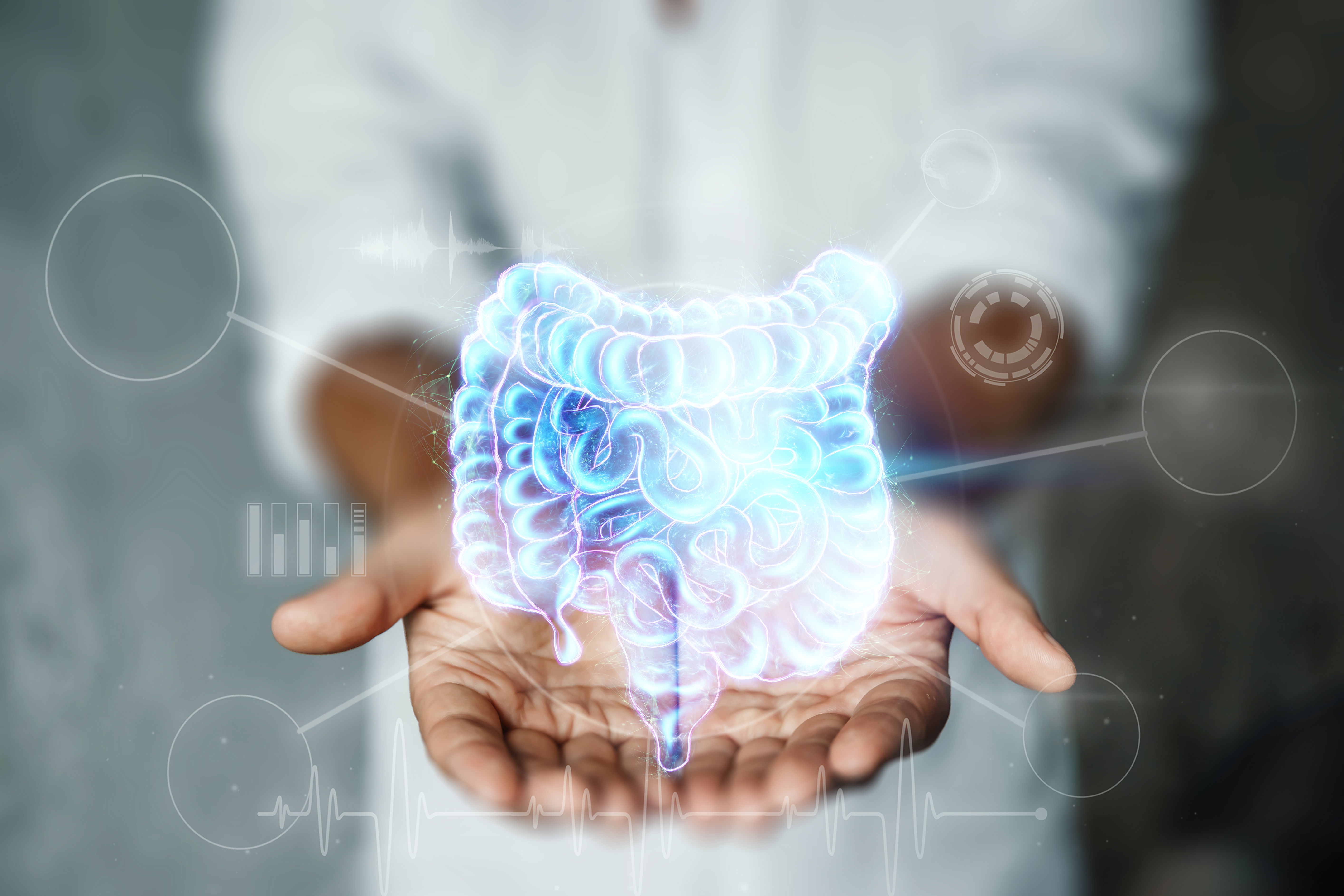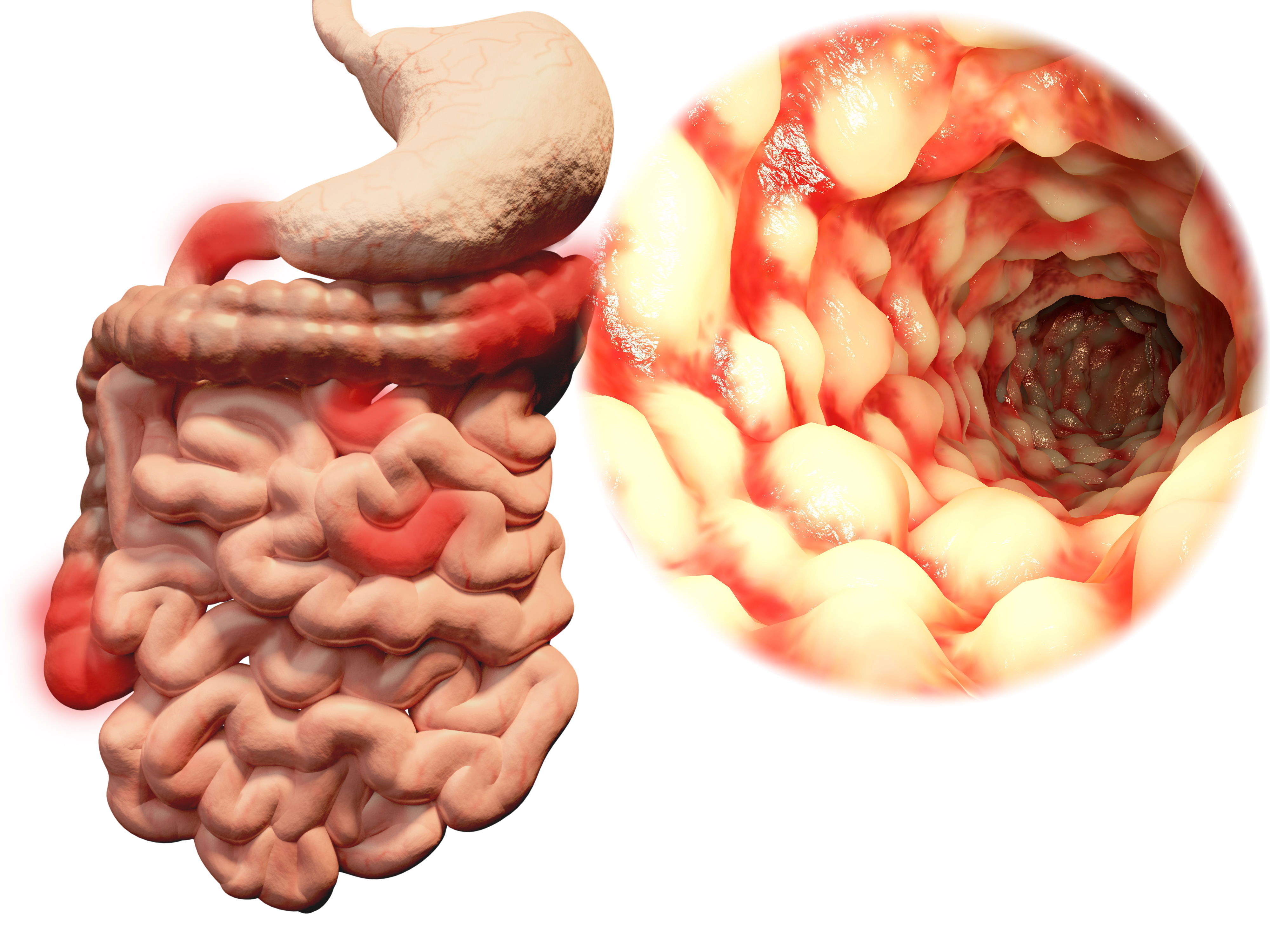Improve and Restore your Gut Health with Probiotics
Recent studies on human gut microbiome indicate that an imbalance of gut bacteria may predispose individuals to a variety of chronic diseases, including Inflammatory Bowel Disease (IBD), diabetes, obesity, cancer, and mental disorders. Intestinal microbes transform our food into metabolites, which act as biologically active molecules influencing the regulatory functions of our organs. Probiotics can restore the balance of our gut microbiome and introduce beneficial functions to the microbial communities, potentially mitigating or preventing gut inflammation and other intestinal or systemic diseases.
What are Probiotics?
Probiotics are live, beneficial microorganisms that can be ingested via food or supplements. They support a healthy gut bacteria balance and are associated with numerous health advantages, including aiding in weight loss, improving digestive health, enhancing immune function, and beyond.
Here are 6 Science Supported Benefits of Probiotics:
1. Probiotics aid in maintaining a healthy balance of "good" bacteria in your digestive system.
The human gut microbiome consists of intricate and varied microbial communities that play a crucial role in intestinal health. It is estimated to comprise around 100 trillion microbial cells, offering an extensive array of metabolic functions to the host.
Notably, the gut microbiome is instrumental in breaking down plant-based complex carbohydrates that the host cannot digest, owing to the absence of necessary enzymes to decompose the structural polysaccharides found in plants.
Additionally, the human gut microbiome is recognized for performing multiple functions within the host, such as aiding in intestinal development, maintaining homeostasis, and providing protection against pathogenic bacteria.
Numerous clinical trials have documented that probiotics can influence the composition of intestinal microbiota, potentially controlling various bowel diseases and enhancing overall health.
Probiotics are believed to offer nutritional benefits and modulate the immune system in patients with inflammatory bowel disease (IBD). Research the anti-inflammatory properties of probiotics in IBD patients has indicated that their use could lead to favourable outcomes and clinical advantages.

2. Probiotics can help to treat diarrhoea and Antibiotics- Associated Diarrhoea.
Probiotics are renowned for their capacity to prevent diarrhoea or mitigate its intensity. A comprehensive review of 35 studies indicated that specific strains of probiotics can shorten the duration of diarrhoea by an average of 25 hours.
Strains like Lactobacillus rhamnosus, Lactobacillus casei, and the yeast Saccharomyces boulardii are commonly linked to a lower risk of diarrhoea.
Antibiotic-Associated o(AAD) is a frequent side effect of antibiotic therapy due to the disturbance of the gut microbiota. A contributing factor to AAD is the pathogenic bacterium Clostridium difficile, which can infect the large intestine when antibiotic resistance is compromised.
Notably, probiotics have been proposed as a beneficial and safe measure for preventing AAD, as evidenced by multiple randomized controlled trials (RCTs). For instance, Goldenberg et al. have indicated that probiotics
can effectively prevent C. difficile-associated diarrhoea in both adults and children.
3. May improve heart health
Probiotics may contribute to heart health by lowering LDL ("bad") cholesterol and blood pressure. Some lactic acid-producing bacteria have the ability to reduce cholesterol levels by breaking down bile in the gut.
Since bile is a naturally occurring fluid composed mostly of cholesterol that aids in digestion, its breakdown by probiotics can prevent its reabsorption in the gut, which would otherwise allow it to re-enter the bloodstream as cholesterol.
4. Can help to soothe symptoms of Crohn's disease.
Crohn's Disease (CD) is an inflammatory bowel disease impacting the whole gastrointestinal tract, presenting symptoms like abdominal pain, diarrhoea, fever, fatigue, and weight loss.
While the exact cause of CD remains elusive, it is believed that a combination of microbial, genetic, and environmental factors may contribute to its onset.
Probiotics might provide a supplementary approach alongside traditional therapy. For instance, Fedorak and colleagues showed that administering probiotics to CD patients post-surgery was more advantageous than delaying the supplementation.

5. Help to boost immune system
The gut is the body's most extensive immune organ, housing 70-80% of immune cells. Gut bacteria are crucial in educating the immune system to differentiate between harmful and beneficial microbes.
These bacteria also regulate the immune response to pathogens, ensuring it is potent without being damaging. Moreover, beneficial gut microbes can stimulate immune cells to generate antiviral proteins that help eradicate viral infections.
Additionally, short-chain fatty acids generated by gut bacteria play a crucial role in maintaining the integrity of the gut barrier, preventing bacteria and toxins from leaking into the bloodstream.
They also contribute to reducing inflammation, which is often associated with autoimmune diseases and other chronic health conditions.
6. Probiotics may help to loose weight and belly fat.
Probiotics may aid in weight loss by preventing the absorption of dietary fat in the intestine, resulting in the fat being excreted through faeces instead of being stored in the body.
Utilizing synbiotics—probiotic supplements that include prebiotic elements—to target gut microbiota is becoming a notable strategy in the holistic nutritional management of obesity. Specifically, gut microorganisms generate short-chain fatty acids (SCFAs) like butyric acid, propionic acid, and acetate, which are known for their multiple health benefits. SCFAs play a role in fortifying the gut barrier and are associated with decreased levels of serum endotoxins and inflammatory markers.
Current preclinical and clinical evidence suggests that certain traditional probiotics may have positive effects on obesity and associated conditions.
The suggested mechanisms by which traditional probiotics exert their effects on obesity involve altering gut microbiome and mitigating intestinal dysbiosis, enhancing intestinal barrier integrity to decrease endotoxemia, and reducing low-grade inflammation and oxidative stress. These changes may favourably influence energy metabolism in adipose tissue and other relevant organs.
A 12-week supplementation with L. gasseri BNR17 in adults with overweight or grade I obesity led to significant reductions in visceral fat area and waist circumference compared to a placebo, without altering circulating biochemical profiles.
How to consume Probiotics?
Probiotics can be obtained from various foods or probiotic supplements.
Live probiotic cultures are commonly found in fermented dairy products like yogurts and kefirs. Other fermented items such as pickled vegetables, tempeh, miso, kimchi, sauerkraut, and soy products may also contain lactic acid bacteria.
Probiotic supplements are available in the form of tablets, capsules, and powders with the bacteria in a dried state. However, some probiotics may be neutralized by stomach acid before reaching the gut, rendering them ineffective. To ensure you receive the benefits, choose probiotic capsules designed to resist acid with delayed-release properties for effective delivery to the intestine.
Furthermore, to reap any health benefits, it's crucial to consume an adequate amount. Research indicating positive effects typically used doses ranging from 1 billion to 100 billion live organisms or colony-forming units (CFU) per day.
Read more on gut microbiome and probiotics here:
TRANSFORMATIVE STEPS TO ENHANCE GUT HEALTH
Explore our Premium Probiotic Supplements here: